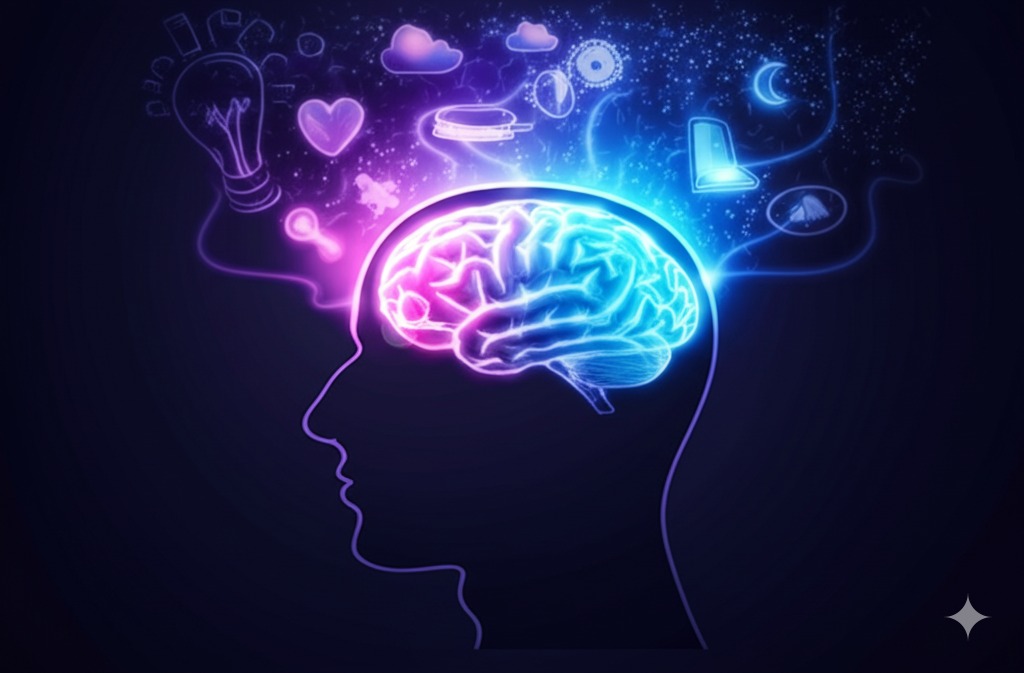REM Sleep: Why This Dream Stage is Crucial for Your Brain

Why is REM Sleep So Important?
This active brain state serves several vital functions:
- Learning and Memory Consolidation: REM sleep is crucial for processing information gathered during the day, consolidating memories, and integrating new knowledge with existing experiences. It helps solidify procedural memory (how to do things) and spatial memory.
- Emotional Processing and Regulation: Dreaming during REM may help process difficult emotions and experiences from the day, potentially reducing the emotional charge associated with memories and improving mood regulation.
- Brain Development: REM sleep is particularly abundant in infants and young children, suggesting a vital role in brain maturation and development.
- Creativity and Problem Solving: The unique brain activity during REM may facilitate novel connections between ideas, contributing to creative insights.
Are You Getting Enough REM Sleep?
While precise measurement requires a sleep study, several factors can reduce REM sleep:
- Insufficient Total Sleep: Since REM periods get longer later in the sleep cycle, cutting sleep short often means sacrificing significant REM time.
- Alcohol Consumption: Alcohol suppresses REM sleep, particularly in the first half of the night.
- Certain Medications: Some antidepressants and sedatives can reduce REM sleep.
- Sleep Disorders: Conditions like sleep apnea can fragment sleep and disrupt REM cycles.
- Age: The proportion of REM sleep naturally decreases slightly with age.
Promoting Healthy REM Sleep
The best way to ensure adequate REM sleep is to focus on getting sufficient, high-quality sleep overall:
- Prioritize getting 7-9 hours of total sleep per night.
- Maintain a consistent sleep schedule.
- Practice good sleep hygiene (dark, quiet, cool room; relaxing bedtime routine).
- Avoid alcohol and excessive caffeine, especially close to bedtime.
- Address any underlying sleep disorders with a healthcare professional.
REM sleep is far more than just the stage where we dream. It's a period of intense brain activity essential for learning, memory, emotional health, and overall cognitive function. Protecting your sleep time, especially ensuring you get enough total sleep, is crucial for reaping the benefits of this vital sleep stage.



